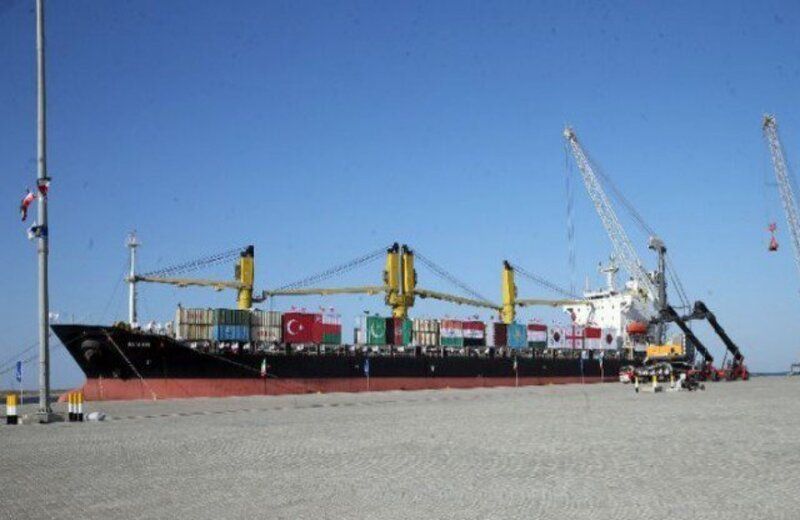Tehran — Afghanistan is increasingly turning to Iran as its preferred gateway to global markets, with officials in Kabul calling Iran’s Chabahar Port the most reliable and economically efficient route for international trade, according to Mehr News Agency.
Akhundzada Abdul Salam Jawad, spokesperson for Afghanistan’s Ministry of Industry and Commerce, said the shift comes as border tensions with Pakistan continue to disrupt long-standing commercial corridors. With frequent closures and mounting friction at Pakistani checkpoints, more Afghan freight is being rerouted through Iran and Central Asia.
According to Jawad, the value of trade between Kabul and Islamabad reached $1.1 billion over the past six months but commerce with Iran surpassed that figure, totaling $1.6 billion in the same period. The numbers, he said, reflect a clear realignment of Afghanistan’s trade priorities.
Iran has invested heavily in expanding the capacity of Chabahar Port, deploying upgraded cargo-handling equipment and installing modern X-ray scanners. Tehran has also introduced steep incentives for Afghan traders: a 30 percent reduction in port tariffs, a 75 percent cut in storage fees, and a 55 percent discount on docking charges.
These measures, Jawad noted, have helped reduce delays, lower costs, and ease concerns about border unpredictability. “The facilities at Chabahar have reduced delays and given traders confidence that shipments will not stop when borders close,” he said.
Chabahar, strategically located on the Gulf of Oman, has long been viewed as a crucial access point for Afghanistan, offering a direct route to the sea that bypasses Pakistan entirely. As Afghanistan’s commerce ministry encourages broader use of the Iranian port, officials say the shift is strengthening supply chains and opening more stable pathways to global markets.





